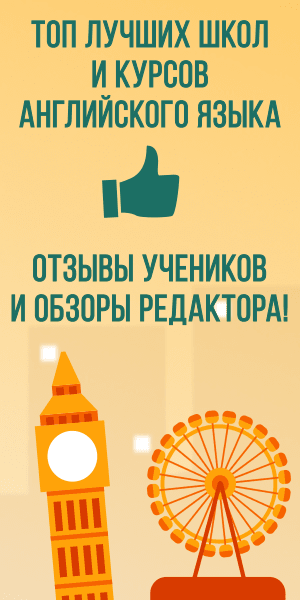As I looked at our class syllabus, I found that I totally related with the line that stated, “Ethical practice is more than just something to do it is a way to be. With that said, I think it would be rather easy to write about an ethical situation involving professional caregivers and their clients featuring issues such as relationships, a caregiver breaking confidentiality (outside issues of endangerment, subpoenas), etc. I believe that often times when we think of confidentiality, we think of what a caregiver or service provider does or does do to/for a client. The angle that I’m choosing to look at in this paper involves the ethical practices of caregivers within the work environment and amongst colleagues.
The reason I’m choosing to look at this angle is that I currently work in a situation where I strongly believe that the supervisor is extremely unethical and his practices and behaviors not only poison the environment, it also affects and in some cases influences the other workers. I’m a mental health counselor for a local agency. I’m a big believer in the notion that as professionals, our conduct should be reflective of the ethical standards that have been established. Unfortunately, in my work environment, those guidelines seem to be ignored often. I have seen numerous situations that illustrate this point.
A former co-worker of mine recently went through a situation where it was discovered that there was a hang-up with a degree being conferred. A couple of her credits did not transfer over to her home school. It was a situation caused mainly by a technicality and was easily rectifiable through the completion of a few forms and paying whatever fees were necessary. The supervisor was notified of this by the human resources office and instead of handling the situation with integrity and within general ethical guidelines, he opted instead to gossip with other counselors in the building and raise the suspicion that she forged her job application and resume by falsely and knowingly lying about her educational credentials. He also stated that she would be fired. This not only tainted her reputation in the eyes of some of her fellow co-workers, but it also harmed her credibility in the workplace as well through no fault of hers. To make the situation worse, after my former co-worker rectified the situation at her school and provided her transcripts as proof to the supervisor, he tried to “save face” by once again stepping outside ethical guidelines and saying within his gossip circles that she opted to quit and was not forced out. He went further by excluding her from meetings and conversations thus forcing her into the role of an outcast.
My personal belief in this situation is that the supervisor was totally out of line and unethical when a made the private and personal matter into gossip fodder. His slandering caused a once-sterling reputation of a great counselor to be tainted and compromised in the eyes of her peers who were misled into thinking that she engaged in fraud. Her credibility as a counselor in the workplace was compromised to the point that even clients’ perceptions of her changed. I believe that ethical guidelines would dictate that professional counselors, especially those in supervisory capacities, would keep sensitive matters involving colleagues confidential. Those guidelines would also dictate that professional caregivers refrain from damaging and compromising the reputation and credibility of colleagues through gossip and slander. It is my belief that just as caregivers seek to provide a healthy environment and outlet for their clients, they should seek to do the same within their work environment and relationships with colleagues.
In conclusion, as caregivers and in a more idealistic and larger picture, as people, the ethical practice should be something reflected in us and our actions. The guidelines of ethical practice should be incorporated into values and behaviors featuring decency, compassion, empathy, truthfulness, etc. It is silly to think that people whose job description is to help others would engage in behaviors that seek to do the opposite. On that same note, unfortunately, it’s also unrealistic to think that those unethical professionals don’t exist and even worse…respond to being addressed as “boss”.








